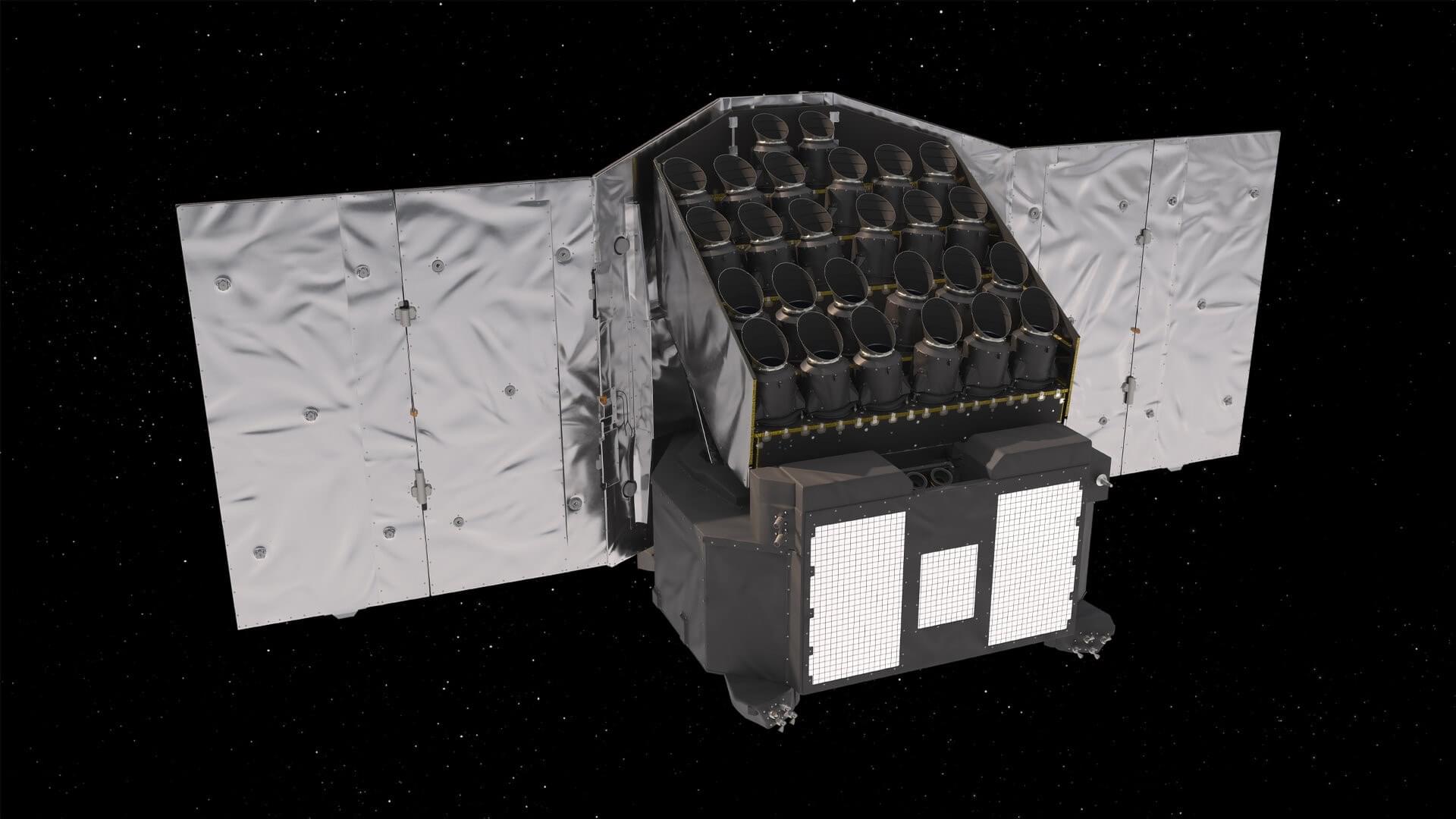Tesla’s Giga Nevada factory is making significant progress in the production of its Semi trucks and batteries, and is expected to play a major role in the company’s future growth and dominance in the electric vehicle market ## ## Questions to inspire discussion.
Semi-Truck Production.
🚛 Q: What progress is Tesla making on semi-truck trailers at Giga Nevada? A: Tesla is using double drop trailers to haul oversized loads of large machinery, which is a critical step in the factory’s development for semi-truck production.
🔋 Q: How does the LFP battery production at Giga Nevada relate to semi-truck goals? A: The LFP factory is designed to produce 10 gigawatts of stationary batteries annually, which is insufficient for Tesla’s goal of producing 50,000 semi-trucks.
Battery Production.
⚡ Q: What is the current status of battery production at Giga Nevada? A: Battery production is almost ready to begin, with the LFP factory set up to manufacture stationary batteries.






